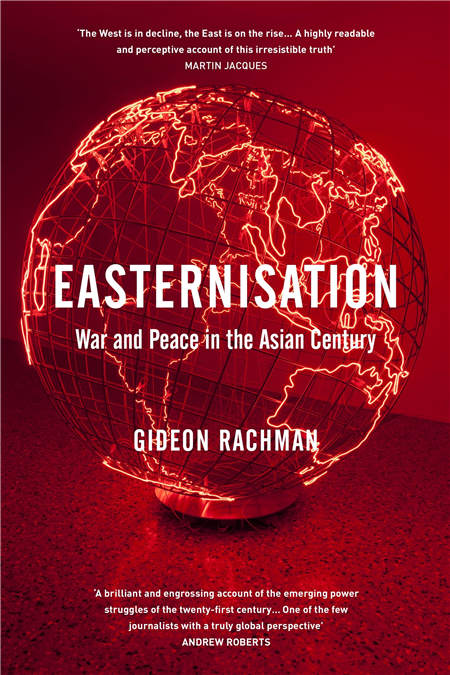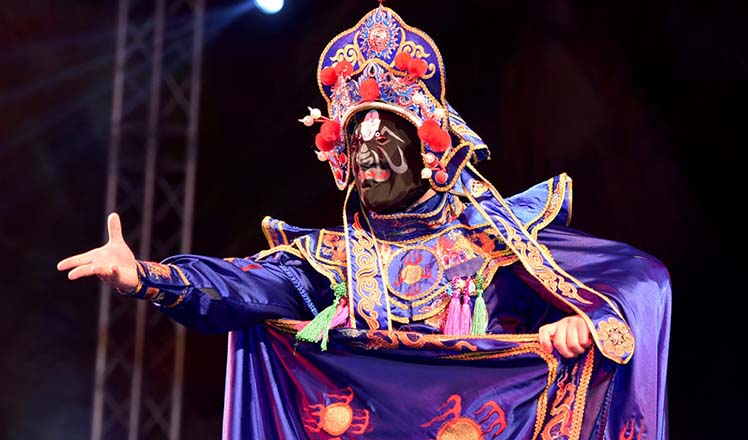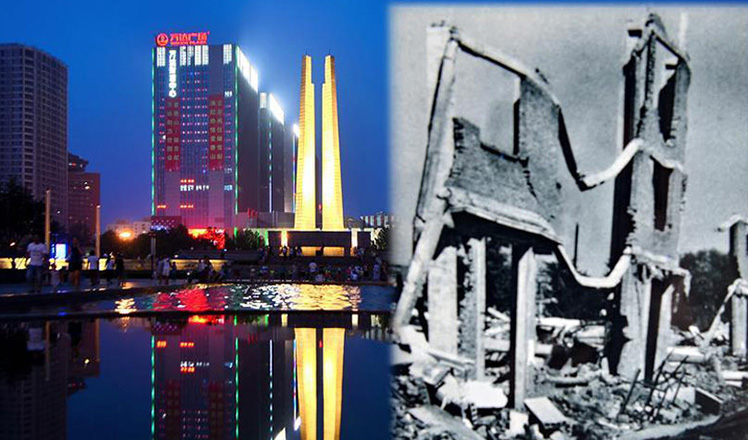Looking east
Updated: 2016-07-27 07:27
By Andrew Moody(China Daily)
|
||||||||
 |
|
The new book examines the rise of Asia. |
"I started with a relatively crude view that there would be some sort of transfer of power to Asia. Although in broad terms that remains true, there were a couple of things that made me qualify that picture a bit.
"Firstly, there is no East in the way that there is a West. If you talk about the West, there is a Western alliance called NATO that links the Europeans and the Americans. Asia, on the other hand, is actually very divided."
One of the questions Rachman addresses in the book is why the West ever became dominant in the first place when China at the height of the Ming Dynasty (1368-1644) seemed unassailable.
"As the Chinese will always remind you, China was the world's largest economy and the dominant civilization. If you look at the big-civilization histories, there was a period when it was not at all obvious that Europe was going to be the dominant culture," he says.
"You had a very flourishing Islamic culture as well as a dominant Chinese empire. It is really only with the European imperial age, which emerges for complicated reasons but largely because of a technological and war-fighting edge as well as the ability to develop markets that got them ahead," he adds.
Rachman, who recently was awarded this year's Orwell Prize for journalism, dates the beginning of Western dominance to the end of the 15th century with the arrival of Portuguese explorer Vasco da Gama in Asia. But the domination began to drain away after the end of World War I because of the weakening of Europe and the rise of the US.
Rachman was born and brought up in London but his parents were South African of Polish and Lithuanian-Jewish descent.

 It's Pokemon Go time in HK
It's Pokemon Go time in HK
 Daredevils brave record Shanghai skywalk
Daredevils brave record Shanghai skywalk
 Top 8 foreign sports stars endorsing Chinese brands
Top 8 foreign sports stars endorsing Chinese brands
 Chinese shows captivate audience at Afro-Chinese Arts Festival
Chinese shows captivate audience at Afro-Chinese Arts Festival
 Sunny images of 60-year-old go viral in China
Sunny images of 60-year-old go viral in China
 Xi'an battered by summer downpours
Xi'an battered by summer downpours
 Photographer uses traditional technique to capture images
Photographer uses traditional technique to capture images
 Now and then: Rebirth of Tangshan 40 years after quake
Now and then: Rebirth of Tangshan 40 years after quake
Most Viewed
Editor's Picks

|

|

|

|

|

|
Today's Top News
Ministry slams US-Korean THAAD deployment
Two police officers shot at protest in Dallas
Abe's blame game reveals his policies failing to get results
Ending wildlife trafficking must be policy priority in Asia
Effects of supply-side reform take time to be seen
Chinese State Councilor Yang Jiechi to meet Kerry
Chinese stocks surge on back of MSCI rumors
Liang avoids jail in shooting death
US Weekly

|

|









